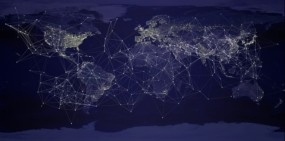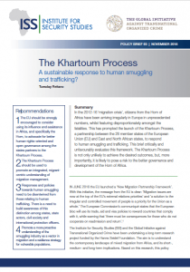Posted on 20 Oct 2002
Security problems resulting from the increasing flow of narcotics illegally smuggled across the porous 1,200km Tajik-Afghan border have become critical in understanding the nature of political instability within Central Asia. All Central Asian governments, to a greater or lesser extent, deny the fact that narco-mafia gangs are active within their territories, preferring to regard the phenomenon as an external issue. Nowhere has this process been more evident than in Tajikistan, where the drug smuggling trade across its border is flourishing unabated. Estimates vary concerning the scale of the problem, but Tajik authorities believe that they only succeed in stopping around 10-12% of narcotics at its border, though the UN Drug Control Programme (UNDCP) put the figure at 3-6%.2 It is impossible to understand the instability and corruption that is endemic in Central Asia without reference to the drug trade. In Tajikistan attempts to cope with the issue internally have proven fruitless, whilst the authorities have their own interests in externalising the problem in order to receive more international help in addressing it.
Operation Enduring Freedom has had little direct impact on the drug trade within Central Asia, causing frustration in Moscow and Dushanbe, despite widespread calls for the US to focus its military power on destroying the Afghan narcotics industry. Narco-mafia gangs have proven extremely resilient in the face of growing pressure. Why has Dushanbe been so ineffectual in coping with the protection of its own state border? What is the structure of border security in Tajikistan? Is it badly organised, or simply incompetent? This study will seek to show how the Tajik border security structure operates, as well as establishing that the failure is in essence Russian and Tajik in origin. No solution will be found within Tajikistan, or by reliance upon Russian military and security support; and Dushanbe has desperately sought to make the struggle to contain the drug trafficking across its border an international issue demanding international finance and political resolve.



